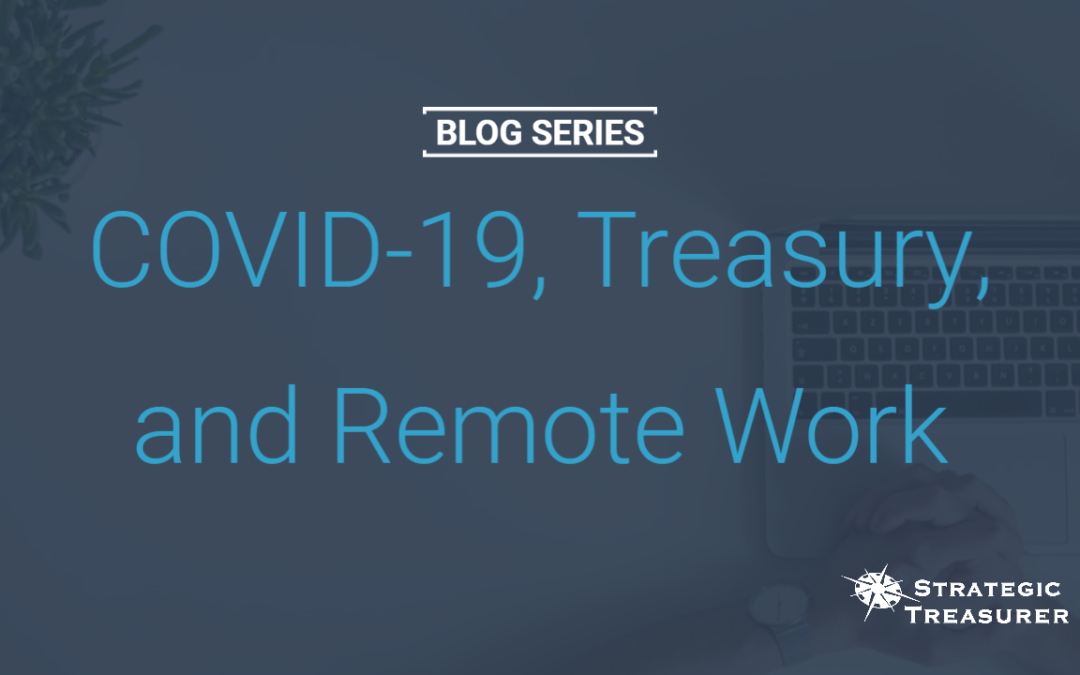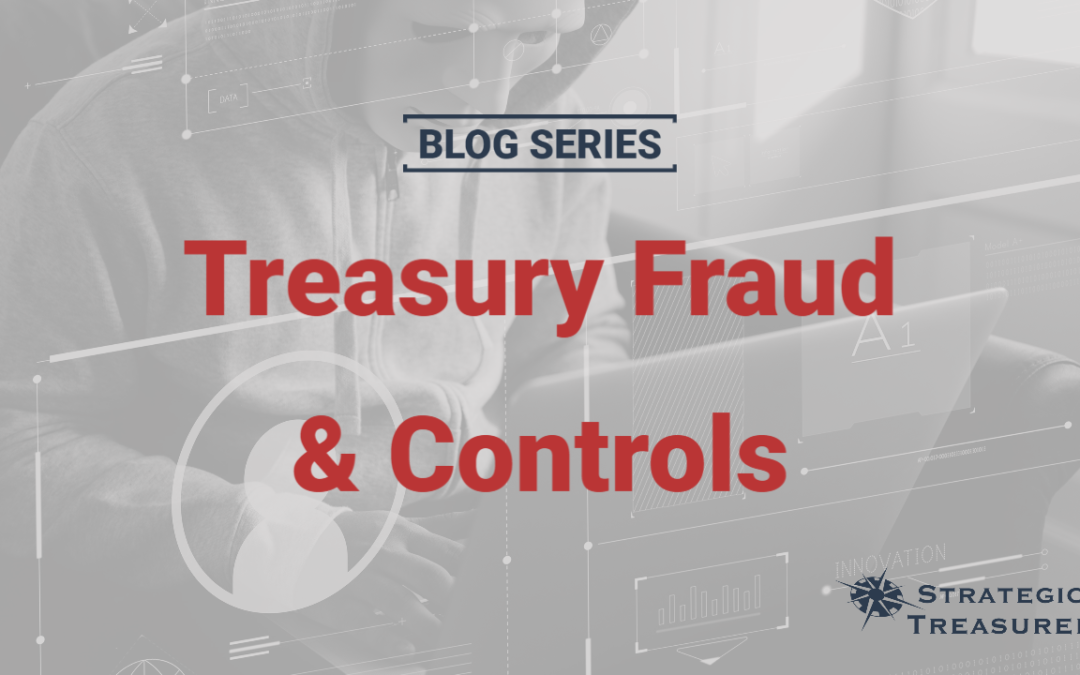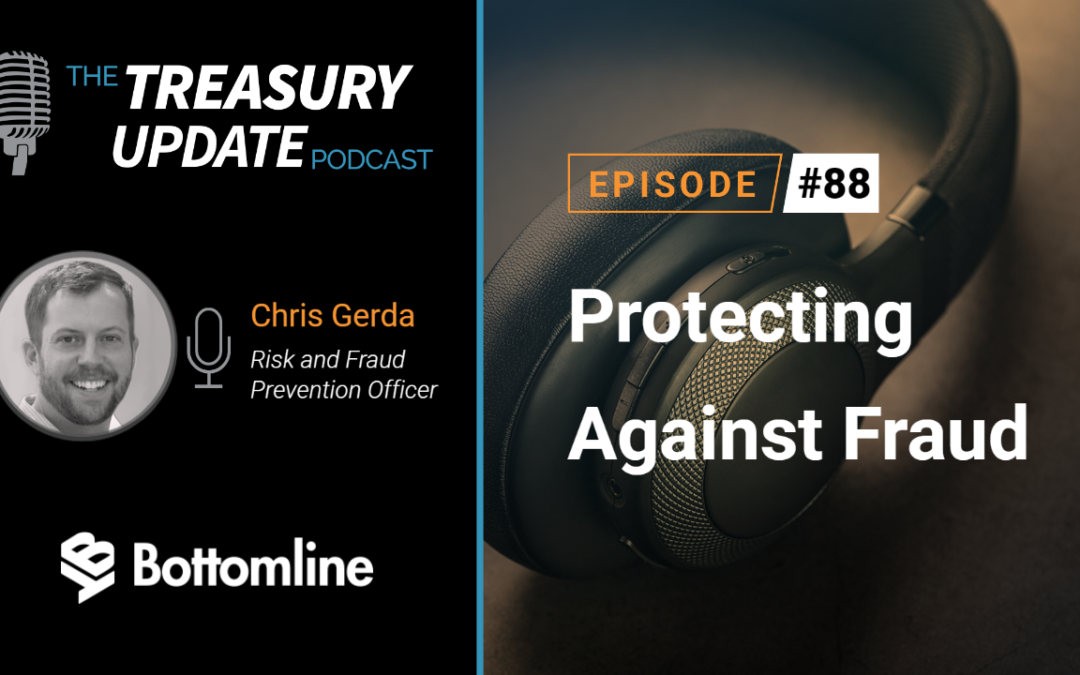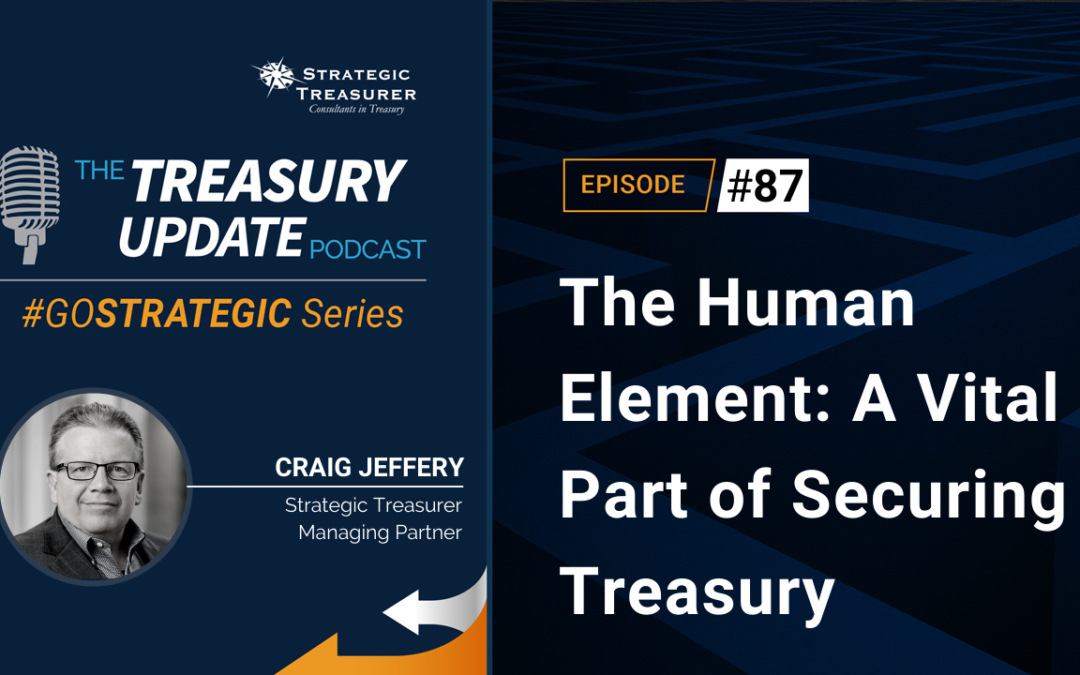
by Claire Cotner | Mar 23, 2020 | Blogs
In what has been called a mass experiment in remote work, attempts to mitigate and slow the spread of coronavirus have led many companies to ask or allow their employees to work from home for the first time. Remote work, however, involves different considerations for different departments. Treasury’s considerations are complex, and neglecting proper setup can lead to problems.

by | Mar 20, 2020 | Blogs
We’ve seen plenty of bad news about fraud. Scams are coming faster, more of them are succeeding, and companies’ losses are mounting. Many organizations are under-protected and insufficiently prepared. The data and analysis showing these facts are well-documented. Fearmongering, however, isn’t our goal.

by | Mar 18, 2020 | Blogs
In the final quarter of 2018, the average payoff amount for retrieving files encrypted in ransomware attacks was holding steady around $10,000. Early in 2019, the number began to rise, and only six months later it had quadrupled at $40,000. In 2019’s final quarter, the average amount was $84,116, and as if to warn that this number wasn’t going to drop anytime soon, the month of December saw the average rise to an unprecedented and shocking $190,000.

by Elizabeth Jeffery | Mar 16, 2020 | Podcast
Host Craig Jeffery joins Chris Gerda, Risk and Fraud Prevention Officer of Bottomline Technologies to discuss the results and strategies from the 2020 Treasury Fraud & Controls Survey. Topics of discussion center corporate fraud concerns, security spend, hacking tactics, criminal innovation and more key findings.

by Elizabeth Jeffery | Mar 9, 2020 | #GoStrategic Series, Podcast
On part 5 of the #GoStrategic series, Guest Host Alexa Cook meets up with Craig Jeffery, Managing Partner of Strategic Treasurer, to discuss why secure treasury is vital across organizations today.




